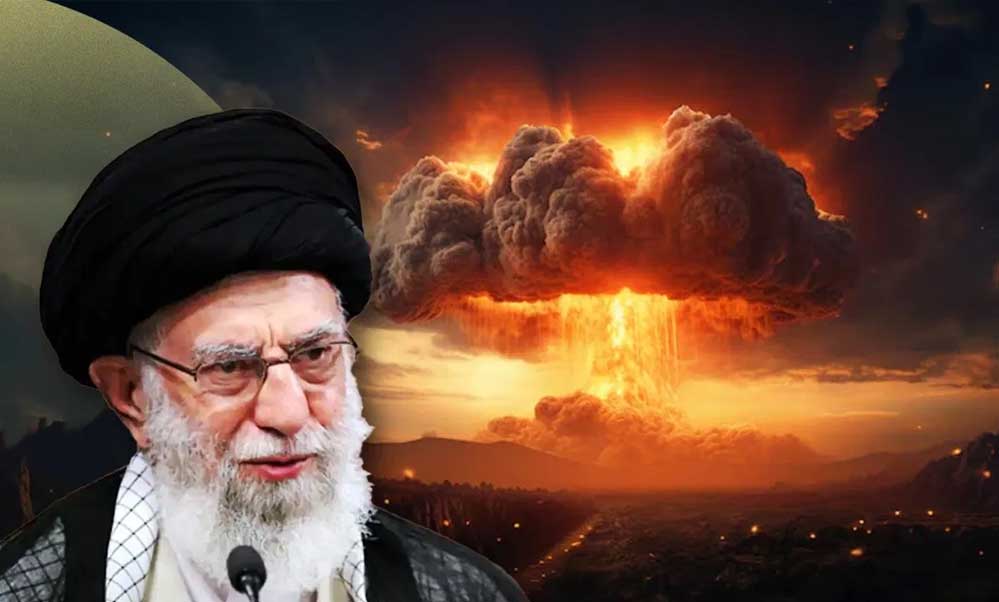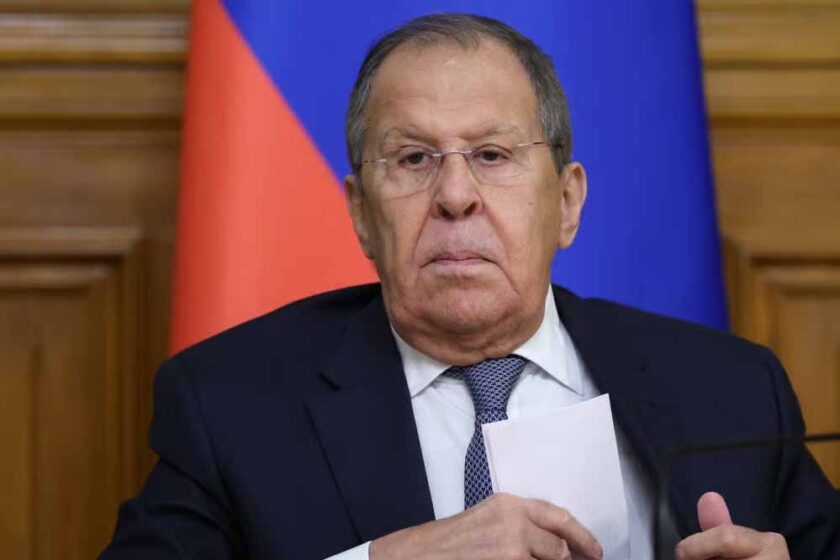Tehran/Washington/Jerusalem : In a dramatic escalation of Middle East tensions, the United States has launched airstrikes on three of Iran’s nuclear sites — Fordow, Natanz, and Isfahan — marking the most aggressive military move in the region in recent years. The strikes, carried out using stealth B-2 bombers, were announced by U.S. President Donald Trump in a national address, describing the attacks as “massive, precise, and a military success.”
Iran Hits Back: “Dangerous War Has Begun”
Iran has responded with fury. The Iranian Foreign Ministry accused the U.S. of initiating a “dangerous war” against the Islamic Republic, claiming the airstrikes violated international law, the UN Charter, and the Nuclear Non-Proliferation Treaty (NPT).
In a strongly worded official statement, the ministry said:
“By attacking peaceful nuclear sites, the United States has formally launched a dangerous war against the Islamic Republic of Iran.”
Shortly after the strikes, Iran launched missile attacks on 10 Israeli cities, intensifying an already volatile situation between Tehran and Tel Aviv. Close aides to Supreme Leader Ayatollah Khamenei warned that U.S. naval fleets could be next.
Iran’s Atomic Energy Organization confirmed the sites were targeted but asserted that its nuclear program would not be halted, and no radiation leaks had been detected so far.
Explosions Confirmed at Key Sites
State-run Iranian media outlets Tasnim and IRNA verified the attacks, citing explosions near the nuclear facilities. Akbar Salehi, advisor to the Governor of Isfahan, confirmed multiple blasts around Isfahan and Natanz.
The Iranian military had reportedly anticipated a strike on the Fordow site and had evacuated the facility in advance, limiting the damage.
Global Condemnation and Diplomacy Urged
Amid growing fears of a broader regional war, global leaders called for restraint and diplomatic dialogue:
-
UN Secretary-General António Guterres expressed deep concern over the strikes.

-
New Zealand’s Foreign Minister Winston Peters urged all sides to return to negotiations.
-
China’s state broadcaster CGTN questioned whether the U.S. was “repeating the mistake it made in Iraq.”
Pakistan Breaks Ranks, Criticizes U.S.
In a surprising diplomatic shift, Pakistan strongly condemned the U.S. airstrikes, declaring them a violation of international law and affirming Iran’s right to self-defense.
Despite recent warmth between U.S. President Trump and Pakistan Army Chief General Asim Munir, who had met over lunch weeks earlier, Islamabad issued a firm statement saying:
“The attack on Iran’s nuclear facilities is unlawful. Iran has the legitimate right to defend itself under the UN Charter.”
This comes just a day after Pakistan reportedly endorsed Trump for the 2026 Nobel Peace Prize, marking a dramatic U-turn in diplomatic posture.
Regional War Looms?
As the Israel-Iran conflict enters its second week, the entry of the United States raises fears of a larger, multi-front war in the region. Experts warn that the repercussions could extend beyond the Middle East, potentially destabilizing global energy markets and diplomatic alliances.
What’s Next?
While President Trump insists Iran must now “choose peace,” Tehran seems determined to resist. With missiles flying, threats escalating, and diplomatic efforts hanging by a thread, the Middle East stands at the edge of a dangerous conflict — and the world watches anxiously for the next move.









